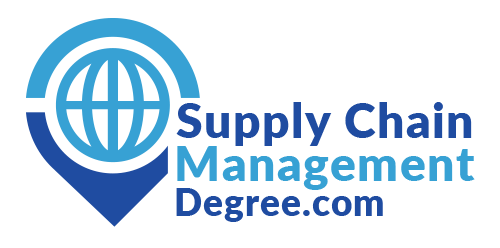
Maximizing Efficiency in Supply Chain Management
In the dynamic world of business, supply chain management stands as a crucial pillar that directly impacts operational efficiency and customer satisfaction. From streamlining processes to optimizing logistics, every aspect of supply chain management plays a pivotal role in driving success. In this blog post, we’ll delve into the strategies and best practices for maximizing efficiency across the supply chain.
Understanding the Supply Chain Landscape
The supply chain encompasses a network of interconnected processes that span from sourcing raw materials to delivering finished products to customers. Understanding the flow of goods, information, and finances within this network is essential for identifying areas of improvement and implementing efficiency-enhancing measures.
Streamlining Procurement and Sourcing
Efficient procurement and sourcing are fundamental to supply chain management. This involves identifying reliable suppliers, negotiating favorable contracts, and maintaining transparent communication channels. By optimizing these processes, businesses can ensure timely access to quality materials while minimizing costs and mitigating supply chain risks.
Enhancing Inventory Management
Effective inventory management is key to balancing supply and demand while minimizing carrying costs and stockouts. Leveraging data analytics and demand forecasting tools can help businesses optimize inventory levels, reduce excess stock, and improve inventory turnover rates. Additionally, adopting lean inventory practices and implementing just-in-time inventory systems can further streamline operations and improve efficiency.
Optimizing Production Processes
Streamlining production processes is essential for maximizing efficiency in the supply chain. This involves eliminating bottlenecks, reducing waste, and improving throughput rates. Implementing lean manufacturing principles, investing in automation technologies, and fostering a culture of continuous improvement can help businesses optimize their production processes and enhance overall efficiency.
Improving Transportation and Logistics
Efficient transportation and logistics are critical for ensuring timely delivery of goods to customers while minimizing transportation costs and environmental impact. Optimizing route planning, leveraging technology to track shipments in real-time, and establishing strategic partnerships with logistics providers can help businesses streamline transportation processes and improve efficiency.
Utilizing Technology and Data Analytics
In today’s digital age, technology plays a vital role in optimizing supply chain management. Implementing advanced supply chain management software and data analytics tools can provide valuable insights into supply chain performance, identify areas for improvement, and facilitate data-driven decision-making. Additionally, leveraging emerging technologies such as artificial intelligence and blockchain can further enhance efficiency and transparency across the supply chain.


